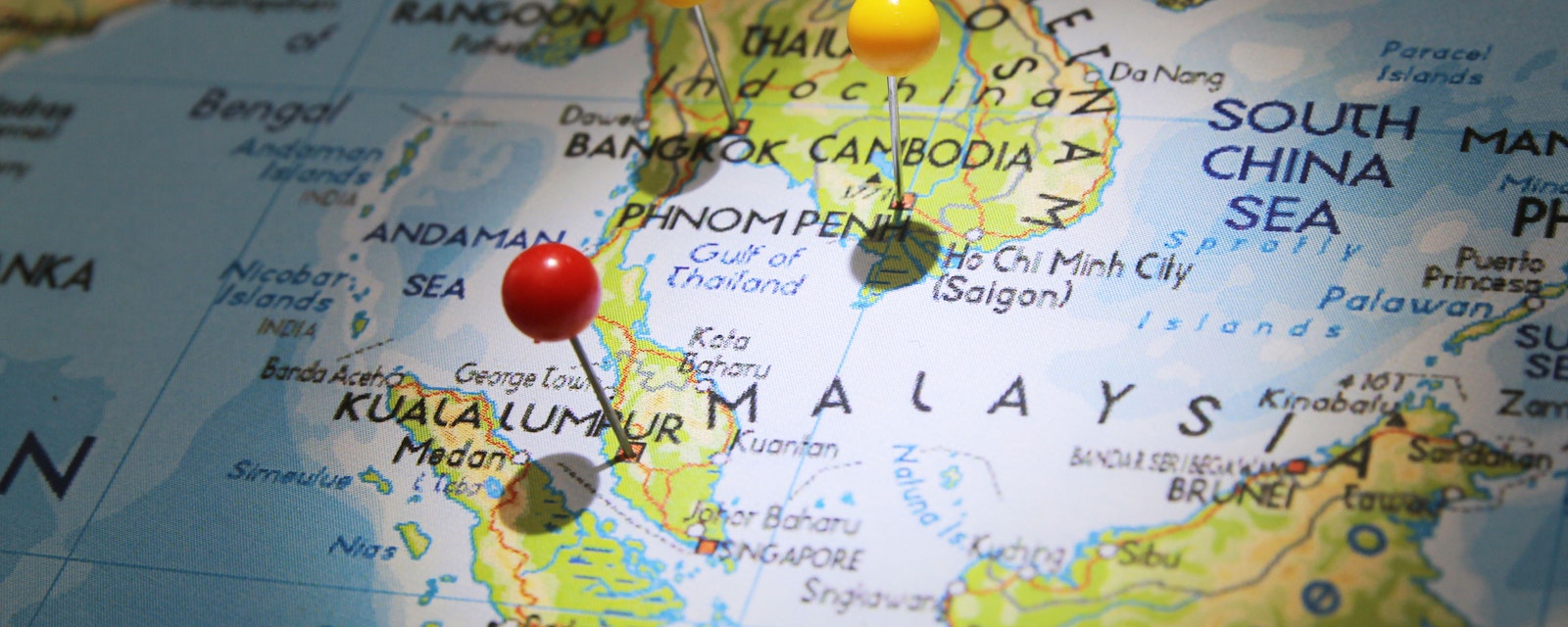Leaders of several of the region’s largest economies are becoming more sensitive to possible adverse public reactions to higher prices, especially fuel, and their potential to create political vulnerabilities. Populist economic policies will be part of the mix of reactions, depending on the nature of the pressure on the leaders, the level of (or potential for) social polarization and proximity of elections. Economic managers and influential local interests will, however, be able to constrain leaders from making damaging decisions.
Compared to the previous two years, leaders in Indonesia, the Philippines, Thailand and Malaysia are under greater pressure to react to economic discontent, primarily from higher prices, over the next year. Inadequately addressed, these problems could magnify political and social grievances, especially with lower-income groups, and consequently weaken leaders’ or their allies’ popularity and create a popular base for the opposition to tap.
These are not immediate or direct threats for now, because the governments are sufficiently consolidated that a destabilizing election defeat or political unrest are unlikely, and to a good extent they believe inflationary pressures are temporary or manageable. For instance, public approval of Rodrigo Duterte in the Philippines is still relatively high and Joko Widodo in Indonesia is still very much ahead of any candidate for the 2019 presidential elections.
In Malaysia, the new government of Mahathir Mohamad is still basking in the glow of its surprise election victory. Thailand is the exception, where the popularity of the government is low, elections are on the horizon and political challengers to the government in 2019 are likely to gain strength.
Rather, leaders are looking to protect their flanks, and the indirect threats to their agenda or to avoid electoral complications next year. In the case of Duterte, while higher domestic disenchantment may not result in a direct challenge to his presidency, it could reduce his ability to push difficult tax reform legislation through a more reluctant congress or overcome bureaucratic and institutional resistance to key political goals such as constitutional reform. His anti-drug war has also hit lower income groups the hardest and more economic pain could cause them to become more militant or supportive of the opposition.
Widodo is popular but he is mindful of a rising prices and economic uncertainty being used to incite lower-income groups into becoming more nationalist or increasing discontent so as to make them vulnerable to messages on race or religion ahead of the elections, as what happened to the former Jakarta governor. In Kuala Lumpur, Mahathir recognizes the need to address the economic discontent from taxes and wage stagnation that caused voters to revolt against the previous government, to avoid the broad support for the new administration from fraying.
The policy responses across the countries will vary, because internal conditions – from the way in which discontent or domestic challenges could increase to the policy options available to each government – also differ substantially. However, since the threats to the government are for now indirect, policy will be more targeted rather than broad, and drawn mainly from existing options rather than introducing new controversial policies or legislation. The exception in the latter will be Malaysia, where political change to a new government has broadened the range of potential policies as the new administration attempts to distance itself from its predecessor. In Thailand, the generals are likely hoping that stronger growth and previous years’ policies to help the rural north will be enough to offset the effect of rising prices.
Broadly, economic managers will still likely be able to constrain politicians from pushing forward with more aggressive but irresponsible policies that would quickly and significantly increase the prospects of substantial financial volatility or economic instability.





